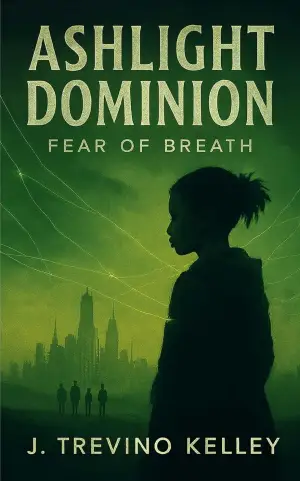A Devil Went Down to Georgia: A Journey Through Race, Power, and Justice
When I first picked up A Devil Went Down to Georgia by Deb Miller Landau, I was curious about a true crime narrative that promised not only a gripping story but also a deep dive into systemic injustice. True crime has always intrigued me, particularly when it intersects with social issues that affect our lives in profound ways. Little did I know that this book would challenge me to reflect on my own experiences with justice, race, and the human condition.
At the heart of this compelling read is the tragic story of Lita and Jim, a narrative that unfolds as we explore Lita’s life leading up to her untimely murder. The meticulous research and heartfelt interviews conducted by Landau illuminate the indelible impact of Lita’s death on her family, revealing their relentless quest for justice in a landscape fraught with racial and gender disparities. As someone who has often questioned whether my skin color overshadows my humanity, Lita’s story struck a personal chord with me.
Landau does a masterful job of weaving together the individual threads of this case, spotlighting the roles played by Georgia police, FBI agents, private investigators, and lawyers. Each character is portrayed with nuance, reflecting their complexities and motivations. The narrative doesn’t shy away from the uncomfortable truths about privilege and power, forcing readers to confront the reality that justice is often a luxury reserved for the few.
One of the highlights of the book is how it invites readers to engage with critical social questions. Why did Lita’s family have to fight so hard for justice, and why were their cries often dismissed by those in power? I couldn’t help but ponder these issues as I turned each page, feeling the weight of Lita’s story and the heartbreaking truth that her family’s struggle was emblematic of a much larger problem.
Landau’s writing is both clear and evocative, striking a balance between delivering facts and fostering emotional resonance. The pacing felt just right, allowing me to digest the heaviness of certain moments while still feeling an underlying urgency to reach the conclusion of Lita’s story.
Memorable quotes peppered throughout the book lingered in my mind long after I finished reading. One particularly haunting line challenged the notion of justice itself: “In a world where the law is meant to protect, why must the wronged prove their worth?” It’s a question that reverberates not just within the confines of this narrative but in our lives as well.
For those who enjoy true crime or are passionate about social justice, A Devil Went Down to Georgia is a must-read. Its significance goes beyond the pages, provoking critical conversations about race, power, and privilege. I walked away feeling more aware of the systemic issues that continue to affect marginalized communities, a sentiment that I hope resonates with fellow readers.
In conclusion, Deb Miller Landau’s work is not just a mere recounting of events; it’s a sobering exploration of humanity in the face of injustice. This book has not only informed me but has also deepened my understanding of the complexities surrounding race and justice. I highly recommend it to anyone ready to engage with a powerful story that forces us to look beyond the surface.
Thank you, Pegasus Books, for providing me with a physical copy of this book—I’m grateful for the experience it has offered.
Discover more about A Devil Went Down to Georgia: Race, Power, Privilege, a… on GoodReads >>






